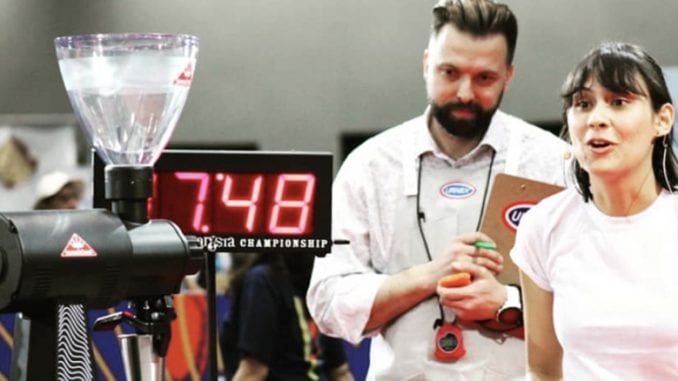
We speak with 2019 Costa Rican Barista Champion and 2019 WBC semi-finalist Maria Elena Rivera about her career in coffee in Costa Rica.
BY SUNGHEE TARK
SPECIAL TO BARISTA MAGAZINE ONLINE
Cover photo courtesy of World Coffee Events
Maria Elena Rivera is a barista at one of the leading specialty-coffee shops in Costa Rica, Franco Restaurante in San Jose. Working at the bar facing the entrance, she always welcomes guests with a warm smile. Her table service involves detailed explanation about the coffee, and she isn’t shy to recommend her favorite coffee available for any clients that ask for her tips. She is also the Costa Rican 2019 National Barista Champion and competed as a semi-finalist at the 2019 World Barista Championship in Boston.
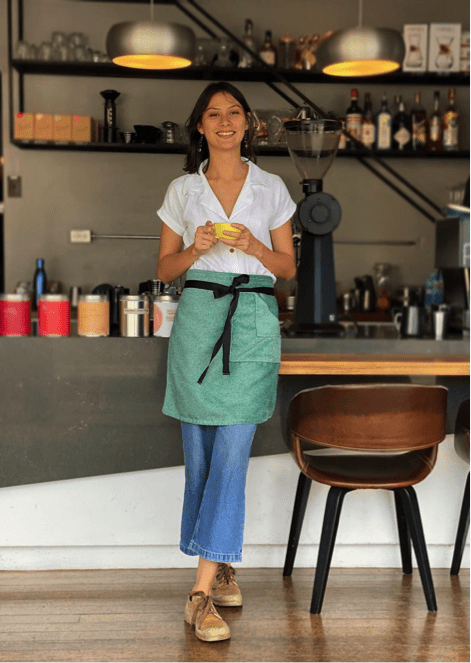
Sunghee Tark: How did you start in coffee?
Maria Elena Rivera: Everything in coffee for me started in 2014. After working in tourism (the major I graduated college with), my first job in coffee was in a regular coffee shop. The moment when I made my first cup of coffee, I fell in love with it. That feeling inspired me to keep learning more about coffee. I wanted to work in a specialty-coffee shop, so I decided to take a barista course. Over time I got curious about the world of competitions and decided to get myself involved in it. And that’s what I have been doing since then.
You competed in semi-finals in Boston for the WBC. What was the journey like going up to that moment, and then how has it been afterward?
In (preparing for the competition), I decided to work with different professionals from different areas. We were aware that if we were to do well on the world stage, we had to work with an experienced coach. We decided to work with Federico Bolanos. We spent a full week with Fede—intensive training because we didn’t have enough time (one week was nowhere near enough). However, we worked hard and learned a lot from him during the short time.
During my training and time in Boston, my team consisted of Kathia Barrantes, who is a Q Grader; Remy Molina, the Coffee Masters champion; Xavier Cuadra, a barista and product designer; Felipe Sáenz, a barista; and César Madriz, a barista and the owner of Franco Restaurante. From them I had all the unconditional support. I competed in the semi-finals and eventually came in 13th.
After the championship and the great opportunity that was presented to us, I gave myself the task of continuing to research and learn even more about coffee and competitions. Since then, I have had many more opportunities to work closely with producers learning more about their farms, varieties, and processes.
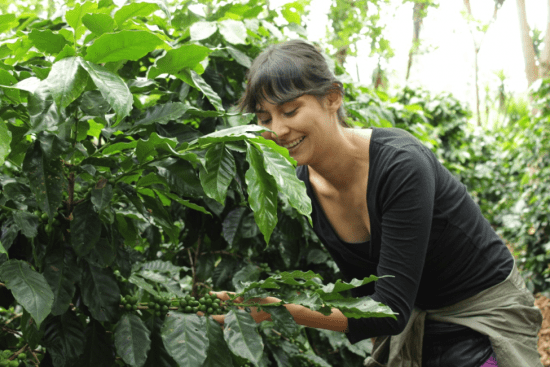
You work at one of the few, but one of the most exciting, specialty-coffee shops in Costa Rica. How do you see the consumption of specialty-coffee in Costa Rica changing?
I work at Franco Restaurante, one of the best specialty-coffee shops here in Costa Rica. We always work directly with producers, and we offer diverse varieties from all the eight coffee-growing regions of the country.
The consumption of specialty coffee is improving in Costa Rica. Our clients always ask about varieties and processes and are willing to have new experiences. I would say the clients that we have are quite varied and spread out across different ages.
One highlight of being a specialty-coffee consumer in Costa Rica (and at Franco) is that consumers have the option to go directly to the coffee farms and talk with the producer in addition to buying their products directly. Here, we have the opportunity to reach any farm, and you will always be welcome. Many producers have also created their own coffee shops on their farms, offering a complete experience of the coffee value chain. You can see many specialty-coffee shops and roasters with their own specialty-coffee brands across the country.
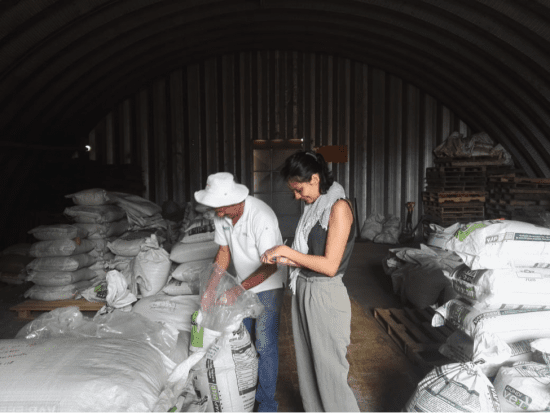
How is everything in the Costa Rican coffee industry with COVID-19?
It has affected everyone in Costa Rica. Many producers still have coffee that they could not export. Many producers were forced to lower the prices of coffee in order to sell it. Other growers in regions that have harvest now had to create ways to hire staff for the harvest. Since most of the collectors come from Nicaragua and Panama, the closed borders have affected them immensely in terms of labor availability.
A lot of coffee shops closed during the pandemic. Now that the economy is reactivating, we have protocols to protect the health and safety of everyone. One of those is to maintain the capacity of the shop to be 50% or fewer clients. As a result, the sales level is lower. It is something that is happening all over the world, and not only in Costa Rica. You have to stay positive that everything will be fine!
What are some things that you wish to accomplish through your career in coffee?
I want to keep teaching others to become baristas, and be part of projects related to coffee research. I also hope to become a certified Q Grader at one point. And lastly, I will continue competing to achieve my goal to become the World Barista Champion.
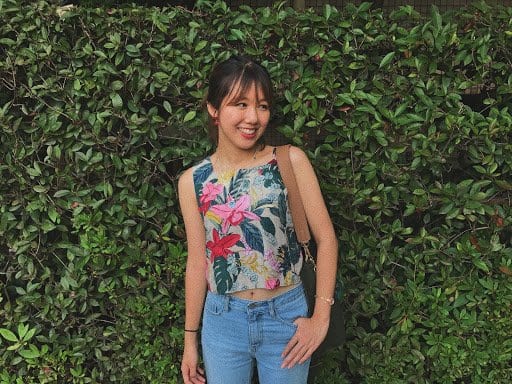
ABOUT THE AUTHOR
Sunghee Tark is the co-founder of Bean Voyage, a feminist organization that collaborates with smallholder womxn coffee producers to build an equitable coffee value chain. She is also a freelance coffee writer, Specialty Coffee Association LEAD Scholar, and Re:co Fellow.

